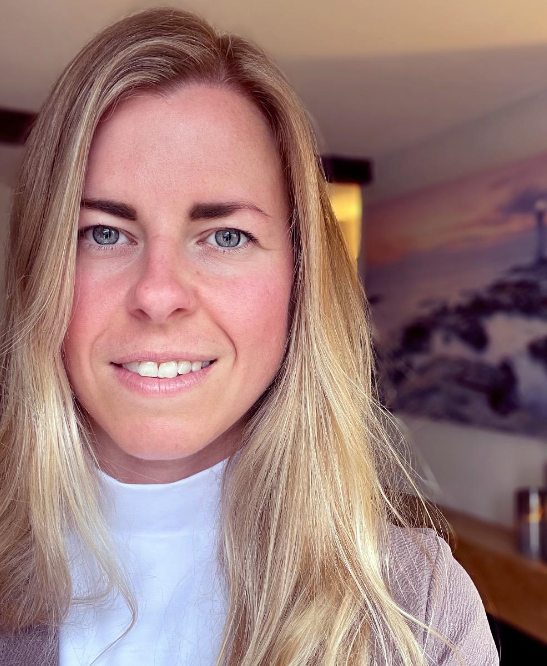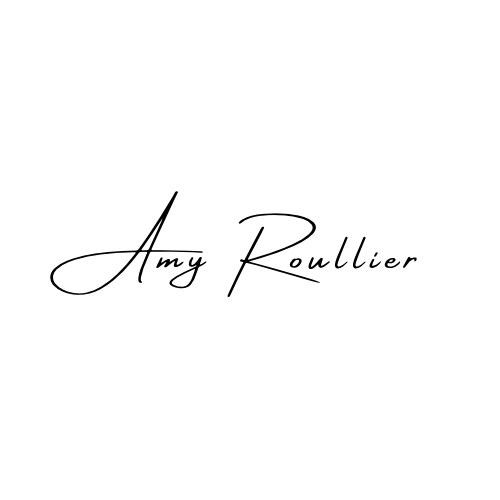As a kid, my sisters and I spent hours watching Disney films over and over. I still love them so much that even at nearly 40 I’m spending a Sunday afternoon unashamedly watching Encanto … again. But the new era of Disney has a very different narrative to the ones I grew up on, and there was a lot to be said for the role models Disney created for a generation of little girls and boys.
Prince Charming – Handsome, desirable, powerful
When I was a little girl, the Disney message was clear. Prince Charming was handsome, desirable, powerful, mostly a typical alpha male, and sometimes his looks were all that mattered. Because in Snow White and Cinderella, Prince Charming didn’t even get a name.
And if you were a beautiful damsel in some kind of distress, he’d be ready to pick up his sword and fight the dragon holding you captive, no questions asked. Finding him was often as easy as losing a shoe or eating the wrong apple and he’d magically appear at some point ready to rescue you and whisk you away to marital bliss, babies and the whole epitome of life and Disney goals; Find your Prince or Princess and life will magically be fabulous forever more. The End.
But these Disney role models were harmful to men and women
The Prince Charming trope created this ideological image of what a man should be for a woman, because the patterns were repeated frequently. Be rich and handsome to obtain the Princess. Willing to kill or die to show their own worthiness. And some of the more modern Disney Prince types like Flynn Rider, make a different sacrifice for love; their own dreams.
What is this teaching? That women desire slaughter and sacrifice? That men should be willing to give themselves over as a fair cost for love? This disturbs me a lot.
And for women, amongst the many unhealthy messages Disney put out there, there was one that stuck with me; That to be rescued by a Prince, you need only be beautiful enough.
Disney was such a huge part of my upbringing, I’m still totally obsessed with anything Disney to this day
But really looking at what the underlying messages of the storylines entailed, it’s like so many other films, TV Shows, adverts and general media out there, feeding so many unhealthy ideas; That a woman needs to be saved by a man. A perfect Prince Charming will undoubtedly come to rescue her one day and then her life will finally truly begin. She needs a partner to achieve the ultimate happiness. But before she can get there, she needs to be beautiful. Because beauty equals the highest calibre of Prince/Princess.
And when she meets that man, he will be handsome and powerful and willing to sacrifice something for his romantic interest. He must be willing to let go of his own hopes or dreams. Because he must give up something, commit some ultimate act to declare his undying love. And then that love itself, will be instantaneous, based on really surface level things like attractiveness, power and desire.
I wonder how much this messaging impacted my own expectations of what love should be? How much has my love of Disney affected my views of relationships?
Of course I’m not blaming Disney for some of my love life failures, that would be entirely ridiculous. But I do think it has had an impact in some weird psychological behind the scenes. Because there’s a whole lot of unhealthy narratives out there in general when it comes to men, woman, and the roles we play in love and relationships.
The whole concept of the Disney films that I grew up on is pretty destructive when you think about it
Disney isn’t solely responsible for all of this, it’s a mass media thing for sure. But Disney is aimed at a younger more impressionable generation of people. It is something I watched a lot of and grew up on. I know there are some exceptions to the rule, but there definitely was a Disney rule.
And it’s not just about what the protagonist role says when it comes to romance, love, heroines and heroes, the villain’s play a vital part in what they teach. Take Cruella De’Ville. The evil queen in Snow White. The ugly step sisters and their mother in Cinderella. All older single women portrayed as ugly, mean, jealous and nasty. All of this just feeds a stigma that already existed out there for single people.
What about Disney body diversity?
Beauty, attractiveness, it’s a traditional feature of the heroes and heroines in a Disney film. And in the Disney films I grew up on it was only ever the background characters that had normal full bodied figures and features. The Princess and Prince were attractive beyond measure, there was no equal to be compared to them. Attractiveness itself is not the problem, but it creates an unfair representation when all the heroes and heroines are insanely attractive, and it’s a tiresome cliché.
Of course there was The Hunchback of Notre Dame as a main character. But Quasimodo doesn’t get the girl in the end, because he’s not the traditional token handsome Disney prince type. He can be the hero, he’s beautiful inside, but he hasn’t enough beauty on the outside for love.
I am part of a generation that grew up on Disney
None of my love for Disney has changed, but I am uncomfortable with some of the narratives it has taught me and puts out there and how this maybe in some small subtle way has contributed subconsciously to my views of love and relationships.
That deep down, I probably have been expecting Prince Charming to ride in on a white horse one day to ‘save me’ and until that happens life is pretty much a waiting game. Expecting that being single is probably a bit like living in a castle plotting how to kill a beautiful Princess with a crow on one’s shoulder. To be beautiful is the way to obtain love.
And all of that, has been a narrative I’ve had to rewire for myself over the years.
But is Disney heading in the right direction now
Maybe Disney is changing. Brave was one of the first that slashed the traditional Disney plotline. I love Merida’s statement in the film: “I don’t want to get married. I want to stay single and let my hair flow in the wind as I ride through the glen firing arrows into the sunset.”
And a modern Disney film doesn’t usually feature the narrative that the heroine needs a relationship. Sometimes it has no love centric storyline within it at all (take my current watch, Encanto). There is a little more diversity, too. The Disney films of late are less about love of a partner and more placed on the importance of family and friends. Finding yourself. Independence.
The heroes and heroines are changing. Like Kristoff, a socially awkward, subjectively handsome man, who doesn’t give up on his dreams. It’s is a nice move away from the Prince Charming trope. Frozen even takes a jive at Disney’s previous instant fall in love storylines by leading you down the familiar ‘love at first sight route’ before making a U-turn, with Anna prioritizing her sister above romantic love.
So Disney is seemingly rewiring its own narrative
Disney may have subconsciously engrained a whole load of worrying ideas that I think have subconsciously stuck with me from my childhood to adulthood, but it also seems to be somewhat trying to correct the situation.
It isn’t the only culprit in the unhealthy messaging out there on male and female roles, characteristics, beauty standards, when concerning love and relationships. But Disney is something that impacts hugely on a younger generation, so I am glad it’s switching it up.

Amy Roullier
Amy Roullier is a British writer and author of Silent Reflections of a Fragile Heart. For her, writing began as personal therapy and has evolved into a way to connect with others, posing questions and offering reflections that might help readers find clarity. Based in Lincolnshire, Amy is an occasional vegetarian and a dedicated lover of carbs—her true soulmate. She’s currently navigating a mid-life crisis through running, and mornings are simply impossible without coffee.
‘I don’t think you can really, truly be the partner you want to be until you know on an absolute level that you are a complete person on your own. I think that’s something all women deserve to know. So many fairytales we read as children—and the love stories we watch on TV when we’re older—tell us that we’re not enough unless we have man. And it’s like, “No, homie! You can be a bonus when I have time for you in my life.”’ – Sophia Bush


